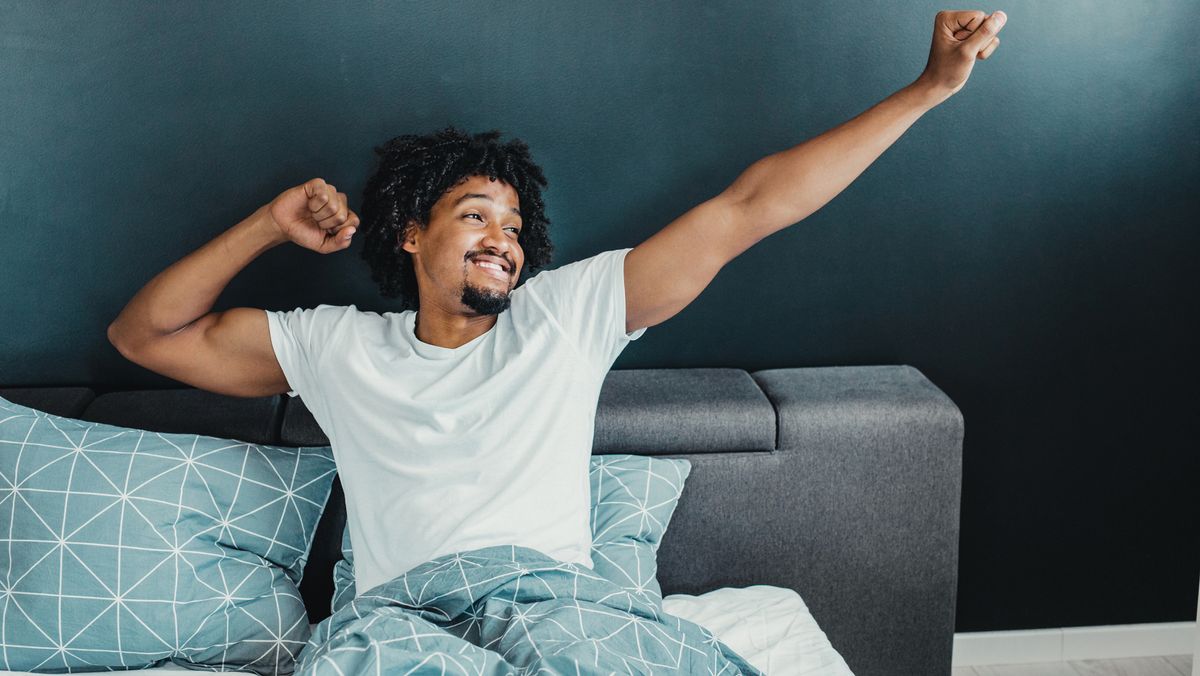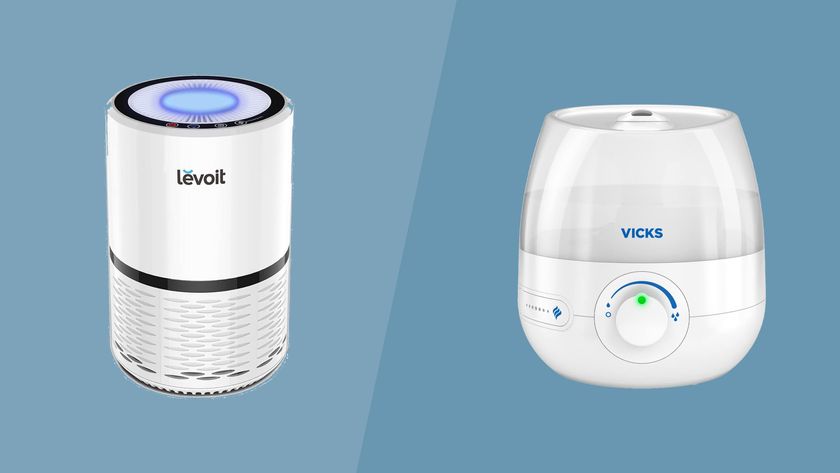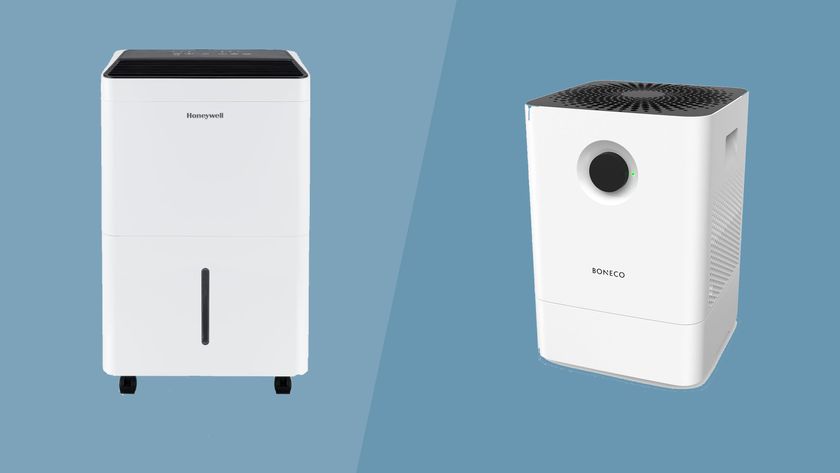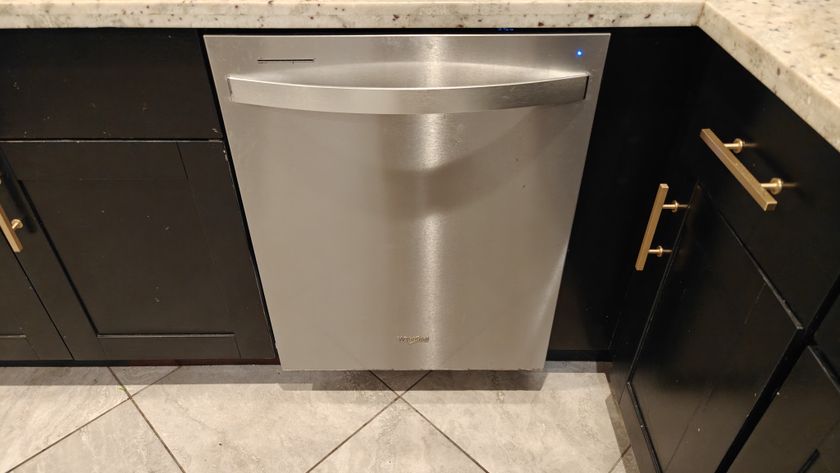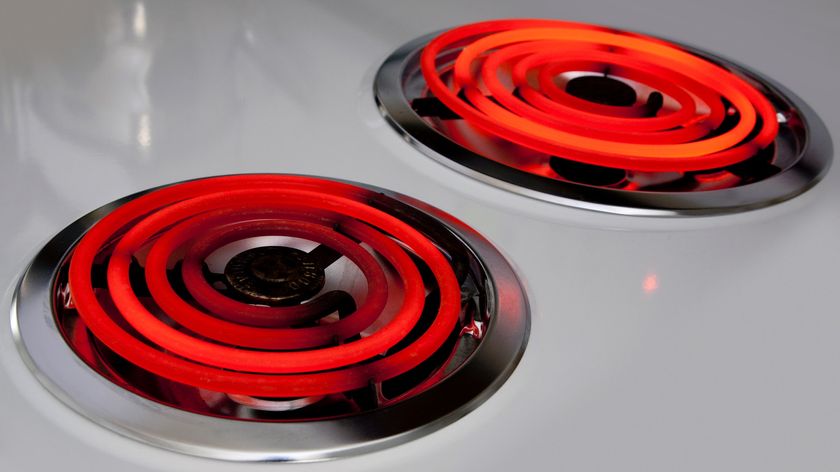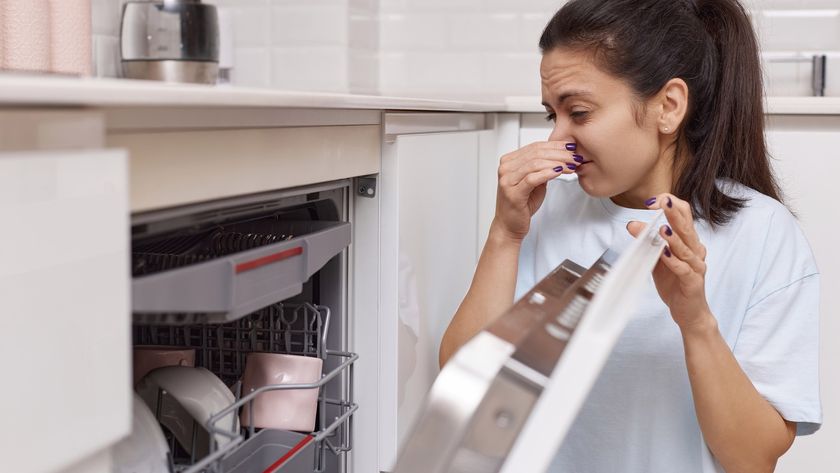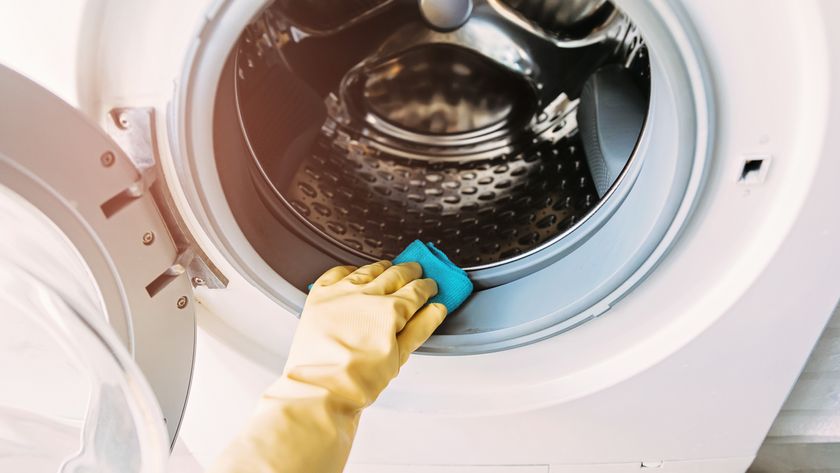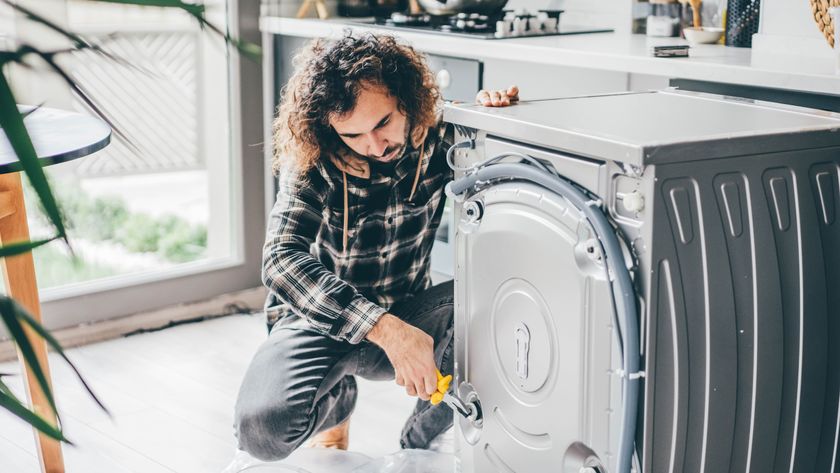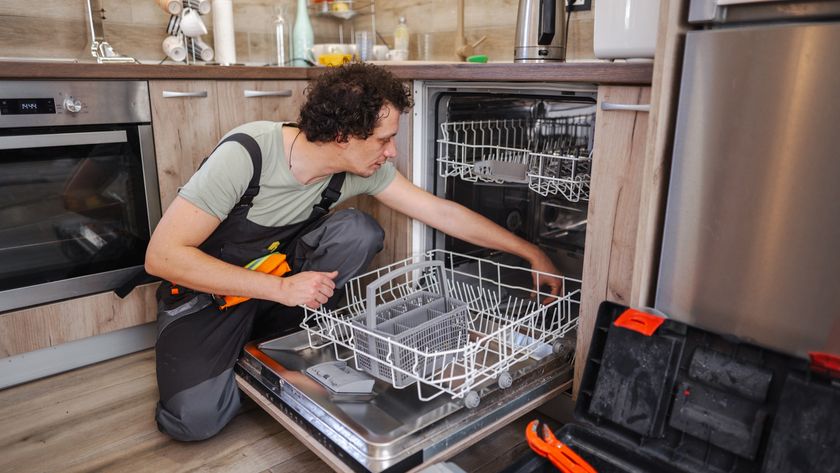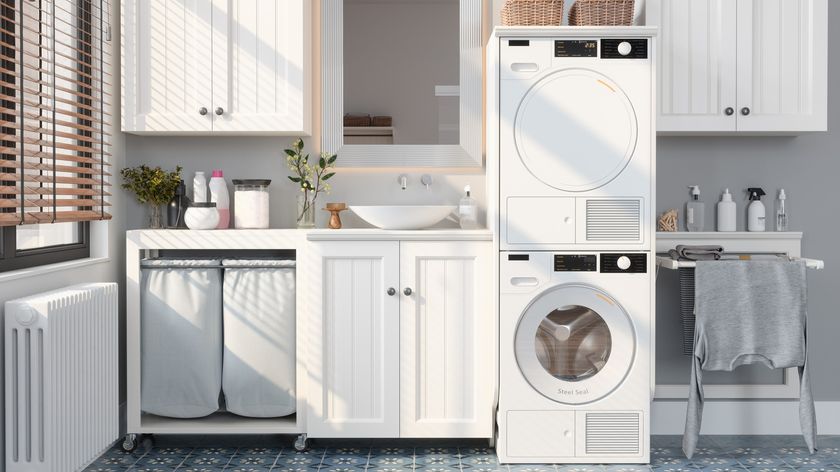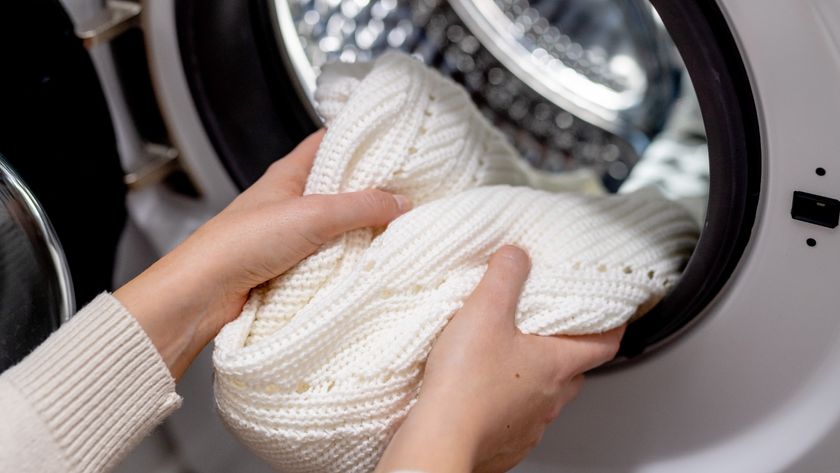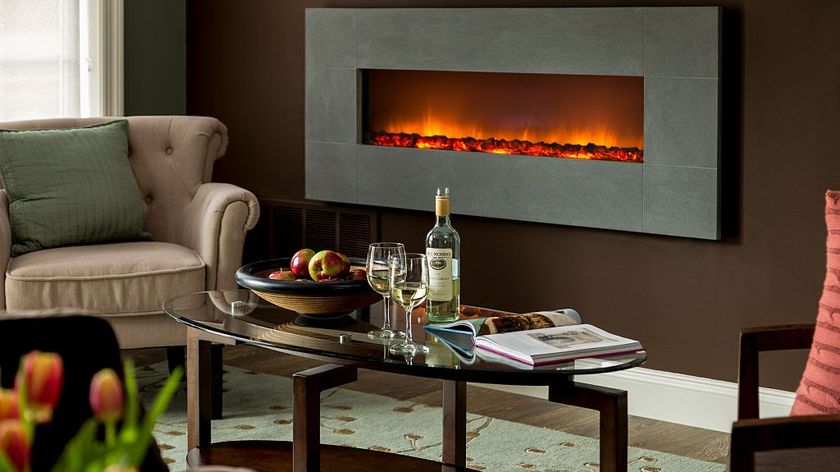Getting enough sleep is essential to everyday life, and a big part of this is sleep hygiene. But what is sleep hygiene? Quite simply, human beings cannot function properly if they are deprived of sleep, as we discovered when asking a range of experts just why is sleep important. Sleep hygiene involves what you do throughout the day, and before bed, to ensure you have a better chance of falling asleep and staying asleep. This includes things like setting a consistent bedtime, preparing your room for optimal sleep conditions, and relaxing your body and mind before bed.
Sleep hygiene itself isn’t difficult to understand, but putting it into practice is a little more tricky. You may be aware that drinking coffee or alcohol before bed will worsen your sleep, but actually cutting it out and setting a ‘last orders’ time for evening drinks is tough. Similarly, fitting exercise into a regular day, setting aside time for bathing and relaxing exercises, and properly preparing your bedroom for sleep does take time and effort (on top of everything else you do during a day), but it’s worth it.
As part of Sleep Awareness Week, we’ll talk you through what sleep hygiene is, how to prepare for it, and how to integrate sleep hygiene practices into your day-to-day schedule. You’re extremely lucky if you have the free time and strength of will to do all the recommended activities, every day, but just implementing a few of these will have you sleeping better and feeling healthier in a matter of days. Combine with one of the best mattresses and a good quality pillow, and you’ll be on track for sweet dreams.
What is sleep hygiene?
Sleep hygiene is a combination of lots of different behaviors that, when practiced regularly, can have a positive impact on the quality of your sleep, as well as how quickly you fall asleep and how refreshed you feel when you wake up in the morning.
Although the term is used by many health professionals and sleep specialists, it was first coined in the 1930s by Nathaniel Kleitman, a physiologist and sleep expert. Since then, it’s been written about in many sleep books and articles, and researchers have found that sleep hygiene can be effective in helping many people to sleep better – even those with mild insomnia.
Why is sleep hygiene important?
Everyone should be aiming for consistent, healthy sleep – and sleep hygiene can help. We all know that a bad night’s sleep can make us feel tired, unproductive and moody the next day. If you experience these telltale signs of poor sleep regularly, you need to pay more attention to your sleep hygiene.
This is crucial because consistently poor sleep can also harm the health of your heart and immune system over time, as well as your mental health. One study found that people who had only 4.5 hours of sleep a night for a week reported feeling more stressed, angry, sad, and mentally exhausted. When they went back to sleeping for longer, their mood dramatically improved.
Sleep hygiene can also help address the day-to-day problems that accompany a lack of sleep. The reason it can be effective is that it encourages you to make small but significant shifts to your habits, your sleeping environment and your mindset, rather than big, disruptive changes.

How do you practice good sleep hygiene?
Open any book about sleep hygiene and read any article and you’ll see there are all kinds of sleep habits you can implement to upgrade your sleep routine. To begin with, just pick two or three that sound the most achievable to you.
One of the best sleep hygiene habits is to have a fixed bedtime and wake-up time – yes, even on weekends. Consistent wake and sleep routines are recommended by the CDC too. Going to bed at the same time each night, and getting up at the same time each morning, ‘trains’ your body clock to expect a certain amount of sleep, at a certain time, and ensures you get enough. You can put this into practice right now by setting one alarm to remind you to get ready for bed, then another to wake you up.
The time between your ‘get ready for bed’ alarm going off and your head hitting the pillow is very important. This is when you need to implement a wind-down routine, which might involve these sleep tips:
- Burn relaxing essential oils
- Take a warm (not hot) bath to unwind
- Dim the lights in your home to create a calming ambience
- Switch off screens, as research shows that blue light can be disruptive to sleep
- Read a book that helps you feel calm
If one of the reasons you struggle with sleep is because you have anxiety or tend to worry a lot, then try journaling before bed to get your thoughts down on paper. We cover this in more detail in our feature on how to stop anxiety ruining your sleep. You could also fire up a meditation app and add a regular meditation session to your day or try a guided night-time meditation for sleep.
Sleep hygiene do’s and don’ts
Now that you have a better of what is sleep hygiene and why it’s important, here are some other sleep tips, and the things to avoid, to help you drift off easier each night:
- Do enjoy regular exercise in the day as this can help you to sleep better at night.
- Do get plenty of bright light during the day. Again, this can help improve your sleep and reduce daytime sleepiness.
- Do limit the amount of time you spend on tech during the evening – blue light and worrying news stories can negatively impact your ability to get to sleep.
- Don’t drink caffeine close to bed-time, this has a stimulant effect and can prevent you from falling asleep, or it can wake you up in the middle of the night.
- Don’t introduce too many habits all at once. Pick one or two, to begin with, that you’re likely to stick to.
- Don’t view sleep as a second thought, and instead make it a part of your healthy lifestyle.
How to optimize your bedroom for better sleep
A relaxing bedroom environment is essential to ensure your good sleep hygiene habits stick. Light plays a big part in the quality of your sleep. Ensure your bedroom is drenched in warm light before bed and as dark as possible while you sleep – blackout blinds are a good way to block out street lights.
Managing noise is also an essential part of your nighttime routine. You could wear earplugs if you prefer silence, or try one of the best sound machines if soothing white noise helps you drift off.
Comfort is essential, so choose breathable, soft bedding to avoid overheating, wash your bedding regularly, and upgrade your mattress and pillows when they start to feel flat. If you are looking to upgrade your bed for less, feel free to use our roundups of the latest Purple mattress deals and the Casper mattress deals and discounts, as well as the best Saatva mattress discounts for saving on luxury sleep.
